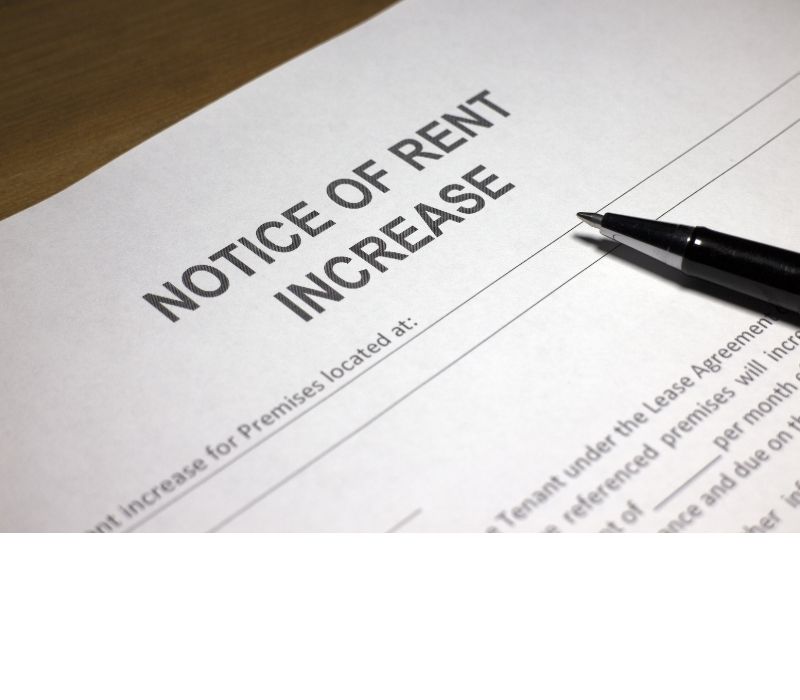
ProPublica: When Private Equity Becomes Your Landlord
February 16, 2022
While the 2009 recession was a financial sinkhole for millions of Americans with more than 3.7 million households being foreclosed upon, ProPublica reported on how private equity-backed companies scooped up tens of thousands of single-family homes lost to foreclosure at bargain basement prices and turned them into rentals.
ProPublica, February 7, 2022: When Private Equity Becomes Your Landlord
According to ProPublica’s analysis of National Multifamily Housing Council data on the nation’s biggest owners of apartment buildings with five or more units, “private equity is now the dominant form of financial backing among the 35 largest owners of multifamily building, roughly a million apartments last year – which is likely an undercount. In 2011, about a third of the apartment units held by the top owners were backed by private equity. A decade later, half of them were.”
“Private equity firms often act like a corporate version of a house flipper: They seek deals on apartment buildings, slash costs or hike rents to boost income, then unload the buildings at a higher price.”
These firms also “more aggressively squeeze profits from their buildings than traditional landlords usually do,” including tactics such as “sharply increasing rent or fees and neglecting upkeep. Sometimes landlords force out existing tenants and replace them with those who can pay more.”
Several tenants shared their extremely negative experiences with ProPublica, after their landlord was bought out by a private equity firm. Homes they had once loved became unaffordable, and like “frat houses” and “college dorms” because of the lack of maintenance, safety and care.
ProPublica found that the private equity buying spree has been fueled in part by Freddie Mac, the nation’s largest rental housing financier.
According to a ProPublica analysis of data from the industry publication Commercial Mortgage Alert, “Large private equity firms accounted for 85% of Freddie Mac’s 20 biggest deals financing apartment complex purchases by a single borrower. Repercussions from the surge in such mortgages continue today. Large loans to private equity firms, researchers and advocates fear, are helping drive industry concentration and pushing up the cost of renting. The loans typically do not include provisions that increase tenant protections or that keep affordable housing rents low over the long term.”
PESP Executive Director Jim Baker told ProPublica, “Affordability is supposed to be central to Freddie Mac’s mission. To the degree that they are financing purchases by private equity firms that then dramatically raise rents, they are working directly counter to that goal.”
Private equity firms also bought up big landlords as well, such as publicly traded real estate investment trusts like Home Properties and Monogram.
Sara Myklebust, research director at Bargaining for the Common Good Network told ProPublica, “There’s a large number of companies overall in multifamily, but these really big companies that tend to be owned by or associated with private equity firms specialize in particular regions. And then they own a lot in those regions.”
Myklebust also said that landlords with big-money backing seem able to drive up rents even when their market share isn’t huge.
And yet another advantage for Wall Street-backed landlords is their ability to wield influence in state and local politics, shaping decisions that make a big impact on renters, according to Myklebust.
An example of this happened in 2018 when Blackstone spent more than $6.2 million fighting a ballot initiative that would have allowed rent control in California cities. Blackstone executives said that while steps were needed to address housing affordability, the measure would have exacerbated the state’s housing shortage by discouraging new construction.
Overall, opponents spent nearly $83 million to defeat the measure, more than three times what supporters spent. The rent control initiative failed, with 60% of voters against and 40% for, reported ProPublica.
